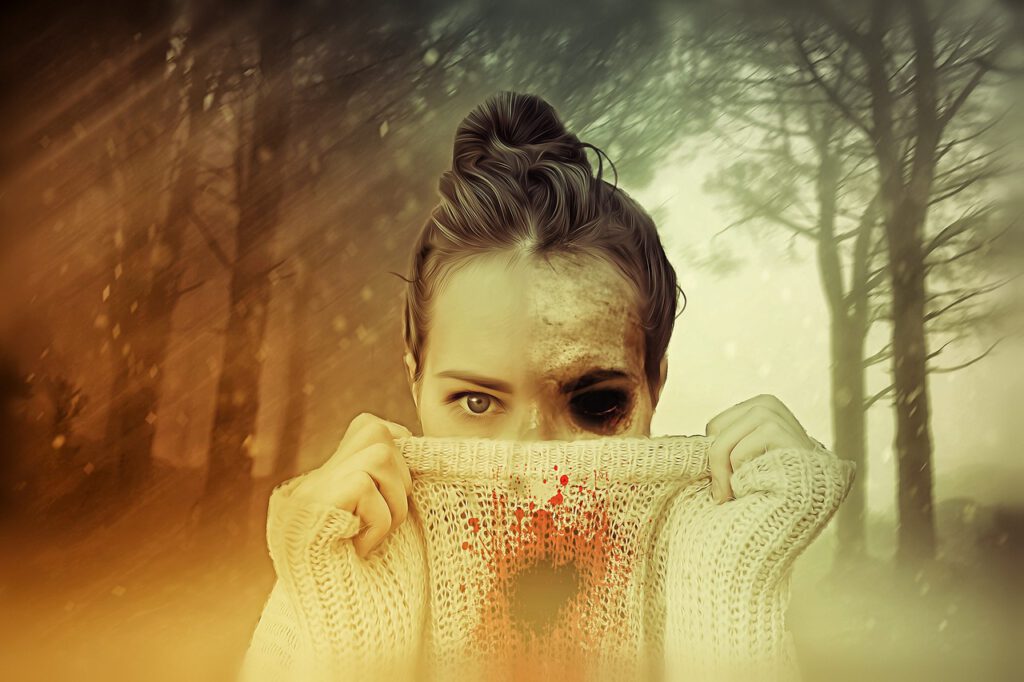
Prompted by a reference on a blog I read recently, I tracked down a line from a sermon given by C S Lewis in the Church of St Mary the Virgin at Oxford in the autumn of 1939, at the outbreak of war. It is a straightforward assertion that, “Life has never been normal.”
Then, in an article over at the Mockingbird, Sam Bush referred to Voltaire’s poem about the horrific Lisbon earthquake in 1755. In Poem on the Lisbon Disaster, Voltaire decries those who would resort to either blame or denial. Many were quick to blame the disaster on the Portuguese themselves and their sin. At the other end of the spectrum, some denied the horror and simply shrugged off the misery of the tragedy with an attitude of “Que sera, sera. God ordained this. Move on.”
Voltaire did neither, and called both sides out. Against those who would blame—Lisbon did nothing worse than London, Madrid, or Paris, which kept on partying.
To that appalling spectacle of woe,
Will ye reply: “You do but illustrate
The iron laws that chain the will of God”?
Say ye, o’er that yet quivering mass of flesh:
“God is avenged: the wage of sin is death”?
What crime, what sin, had those young hearts conceived
That lie, bleeding and torn, on mother’s breast?
Did fallen Lisbon deeper drink of vice
Than London, Paris, or sunlit Madrid?
In these men dance; at Lisbon yawns the abyss.
And against the deniers—Voltaire lamented with those caught in the very real chaos and destruction.
Come philosophers who cry, ‘All is well,’ And contemplate the ruins of this world. You shout, ‘All is well’ — The universe contradicts you, and your heart refutes your mind’s error a hundred times over. One day, all will be well — this is our hope. All is well today — that is the illusion.
Voltaire wept with those who wept. He neither slid over the hypocrisy of the blamers, nor the harsh determinism of the deniers.
So where am I going with these meandering thoughts?
I am tired of hearing the word “unprecedented” to describe the worldwide reaction to COVID-19. It is not. (The Antonine plague in the 2nd Century is estimated to have killed as many as 5 million across the Roman Empire.) What is a “return to normal” supposed to mean? It would seem to me that it reflects a desire to return to blissful ignorance of our own mortality, wrapped in our narcissistic pursuit of comfort and distraction.
Ever since the first humans incurred the wrath of their Maker and brought down his curse upon their rebellion in the Garden, life has not been normal. We all live in a cursed world. “Normal” is determined transcendentally, sovereignly, by our Maker. Nothing has been as it should be since the expulsion from Eden. “Normal” will be established, and upheld for eternity, when the Maker returns to do so. And return he will.
Voltaire ends his poem with the word, hope. But he does so in a despairing manner.
Once did I sing, in less lugubrious tone,
The sunny ways of pleasure’s genial rule;
The times have changed, and, taught by growing age,
And sharing of the frailty of mankind,
Seeking a light amid the deepening gloom,
I can but suffer, and will not repine.A caliph once, when his last hour had come,
This prayer addressed to him he reverenced:“To thee, sole and all-powerful king, I bear
What thou dost lack in thy immensity—
Evil and ignorance, distress and sin.”
He might have added one thing further—hope.
To ride Lewis’ coattails, what does COVID-19 do to death? Nothing, really. None of us is going to avoid death anyway. Death still holds a perfect score over mankind. It is doubtful that it will add to the pain or anguish of death. What the current pandemic does is force us to remember death. For many, the dismal dictum, Memento mori, has become real. Of course, most will attempt to shrug it off by pointing fingers or ignoring the looming monstrosity. The reality, however, has disturbed the comfort and distraction that used to be called normal.
Memento mori.
Voltaire is willing to hold on to suffering and hope simultaneously, but his hope is hollow. Only his suffering and anguish are real.
Man crawls and dies: all is but born to die:
The world’s the empire of destructiveness. —
This prompt and vivid sentiment of nerve
Was made for pain, the minister of death: —
Man is a stranger to his own research;
He knows not whence he comes, nor whither goes.
Tormented atoms in a bed of mud,
Devoured by death, a mockery of fate.
I would defer to the psalmist,
Blessed is he whose help is the God of Jacob, whose hope is in the LORD his God.
As a Christian, I can look to a transcendent, eternal hope.
And the Word became flesh and dwelt among us, and we have seen his glory, glory as of the only Son from the Father, full of grace and truth.
The Maker stepped into this universe, experienced the cursed chaos and tragedy, and wept. He reversed the curse. He stepped out of the tomb. He will return, and he will establish “the new normal.” That is hope.
By orienting my life around the certain expectation of what lies ahead, I can live a humble life of work and service, reflecting grace and steadfast hope. This life is not normal; normal is yet to come.
